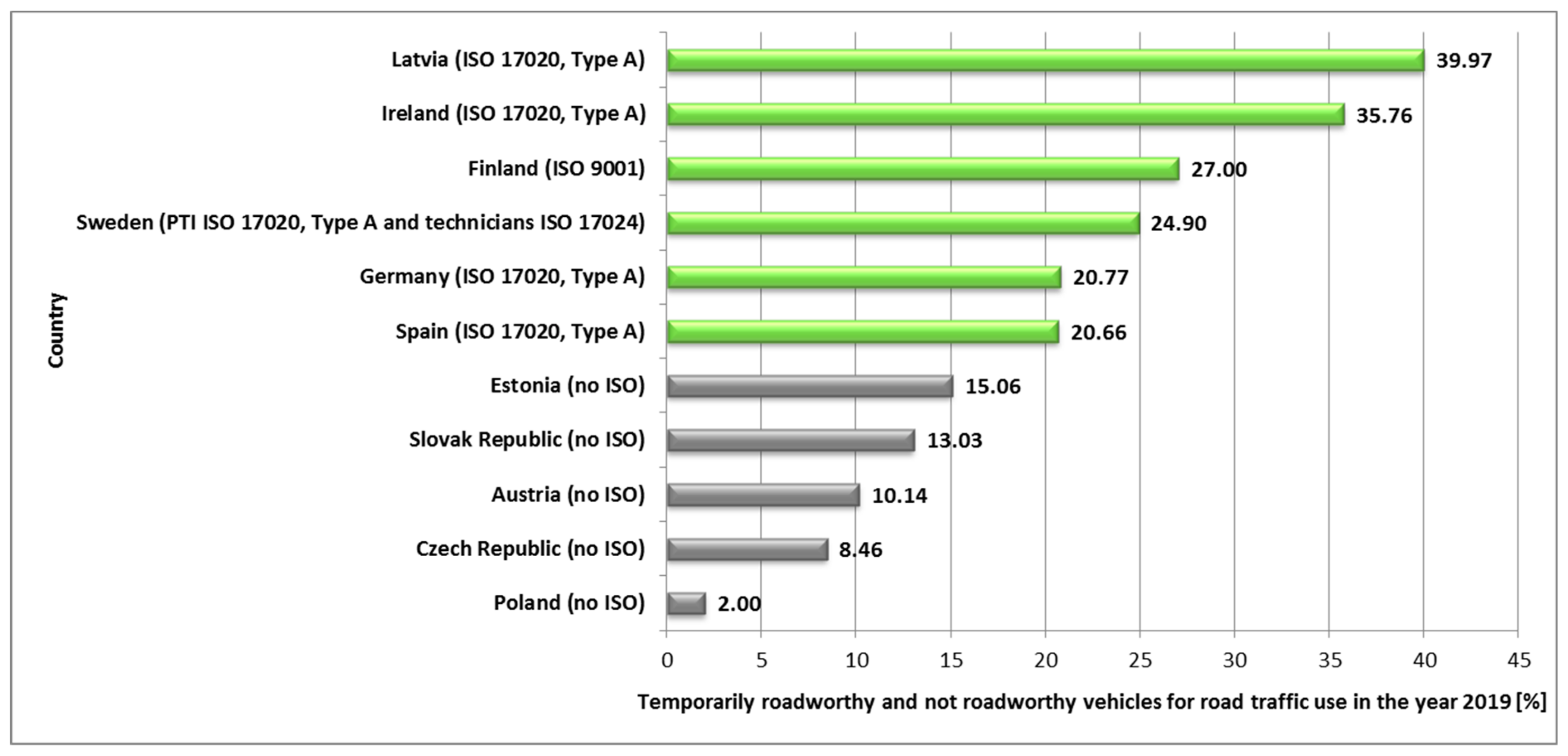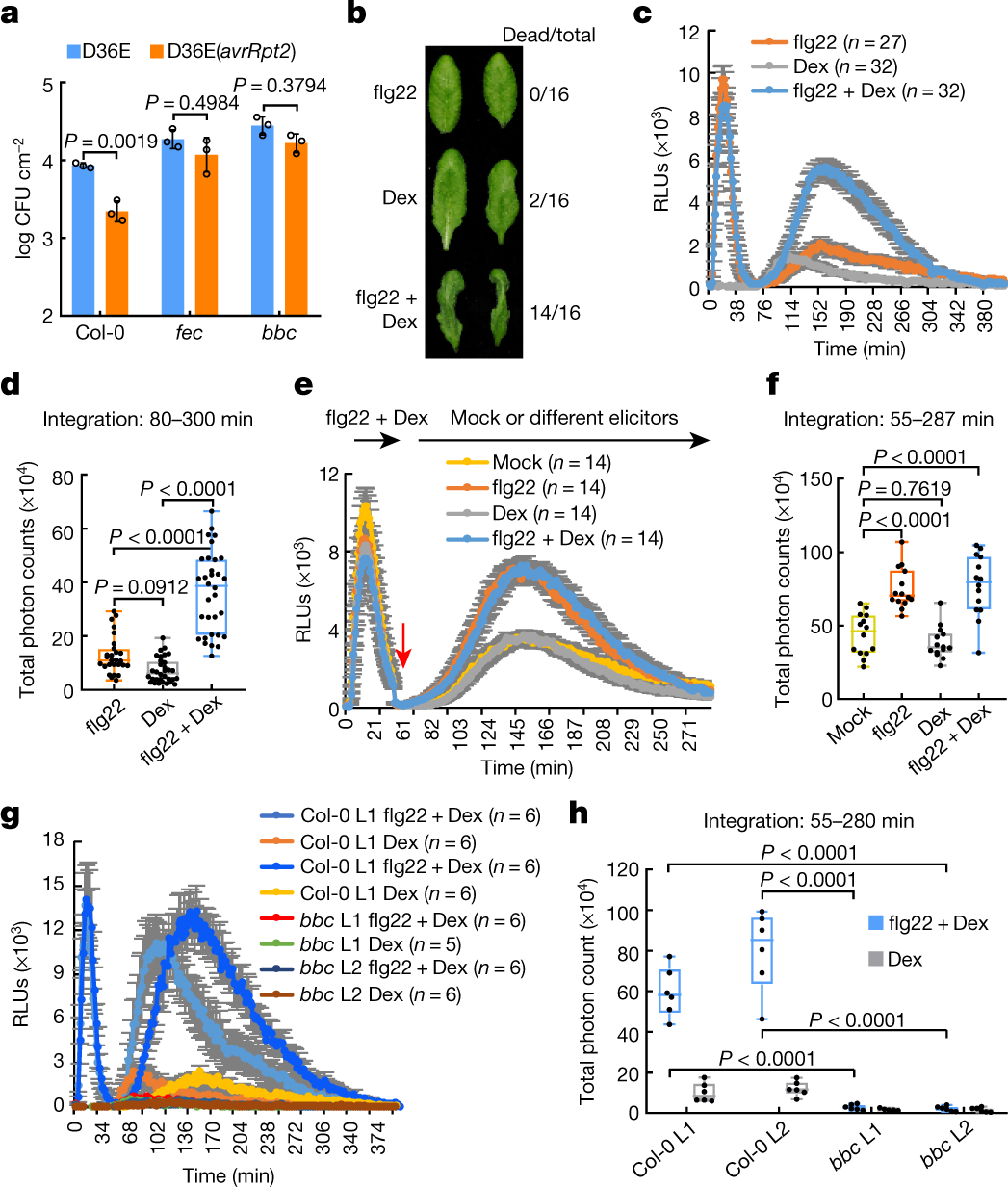

All over India, 44,546 cases of cybercrimes were registered in 2019 ( National Crime Records Bureau, 2020) and Rs 1.24tn amount was lost ( Mehta, 2020).

With the increased usage of digital transactions, Cyber-crime attacks have also increased as much as by 86% between the lockdown months of March and April 2020 ( Desai, 2020).

However, there is a grey side to this advancement as well. “Business Standard” reported that in terms of value, the mobile wallet transactions are estimated to jump from Rs 5,500 crores in 2015–2016 to Rs 30,000 crore in 2022 ( Umarji, 2016). There were 502.2 million smartphone users in the country as of December 2019 ( Gadgets360, 2020). The shift from physical payments to digital payments seems to be smooth owing to the increasing number of smartphone users in India. “PayTM” and “Google pay” are emerged as mostly used digital payment apps ( PTI, 2020). During the period of lockdown usage of eWallet increased by 44%. Preventive measures like social distancing compelled people to use digital payment applications.
#ADVANCED GET 37 PTI FULL#
The full terms of this licence maybe seen at Ĭoronavirus (COVID-19) pandemic forced nationwide lockdown in India. Anyone may reproduce, distribute, translate and create derivative works of this article (for both commercial and non-commercial purposes), subject to full attribution to the original publication and authors. This article is published under the Creative Commons Attribution (CC BY 4.0) licence. Published in Vilakshan – XIMB Journal of Management. Under Emergency Credit Line Guarantee Scheme (ECLGS) which was backed by 100 per cent guarantee of the central government, banks and non-banking financial companies (NBFCs) have sanctioned loans amounting to Rs 2.97 lakh crore as on 26 November 2021, as per the reply.Copyright © 2020, Swapnil Undale, Ashish Kulkarni and Harshali Patil. The government and the Reserve Bank took a number of measures to support the retail and micro, small and medium enterprises (MSME) borrowers in the wake of the pandemic, including a Covid-19 regulatory package granting moratorium of six months on payments of all instalments of term loans and deferment of recovery of interest on working capital from Mato August 31, 2020.

''As per inputs received from public sector banks (PSBs), as on November 26, 2021, resolution plan/restructuring has been implemented by them in 9.8 lakh MSME accounts amounting to Rs 58,524 crore, and in 8.5 lakh accounts of individual borrowers amounting to Rs 60,662 crore, as on November 15, 2021,'' the Finance Ministry said in a written reply in the Lok Sabha. While, as many as 8.5 lakh accounts of individual borrowers of over Rs 60,000 crore have also been restructured. Public sector banks (PSBs) effected restructuring of 9.8 lakh accounts of micro, small and medium enterprises, due to the impact of Covid-19 pandemic, amounting to Rs 58,524 crore as of November 26, the government said in Parliament on Monday.


 0 kommentar(er)
0 kommentar(er)
